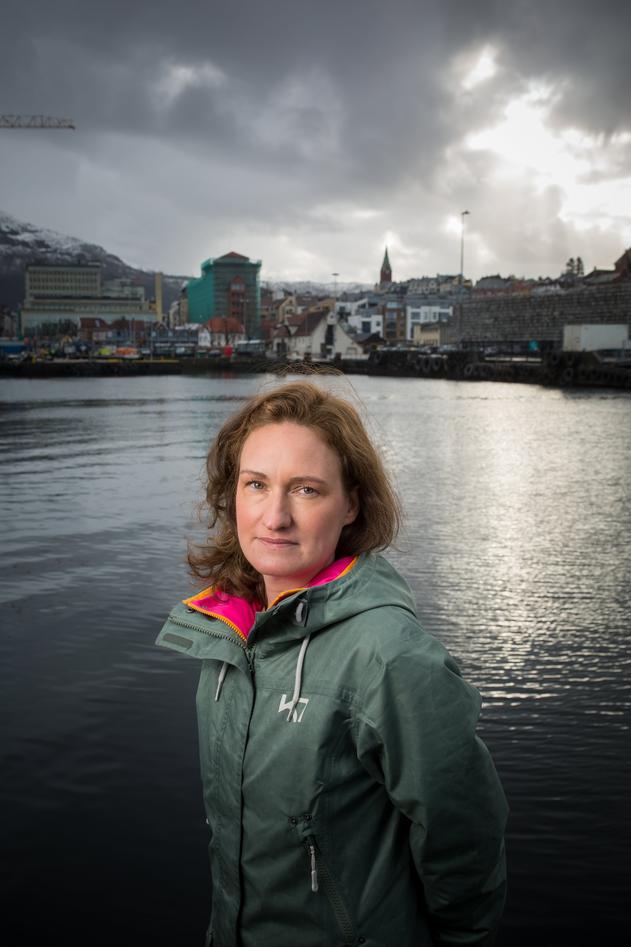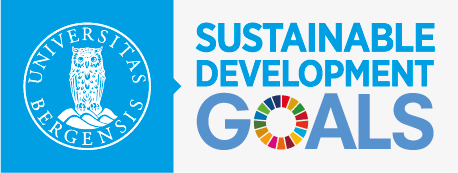Finding the balance for a sustainable Ocean
A seminar in Bergen explores how the Ocean can be better regulated to ensure the balance between the harvesting of natural resources and the need for conservation.

Main content
On 15 March 2019, the Research group for Natural Resource Law, Environmental Law and Development Law and Ocean Sustainability Bergen (OSB) at the University of Bergen (UiB) have convened both national and international scientists in Ocean law and other Ocean-related research disciplines to a discussion on the topic The Law of the Sea – Challenges and research response.
“The treaty is like a global oceanic constitution, with relevance for all marine activity, regardless academic field, or marine sectors,” says Law Professor Sigrid Eskeland Schütz about why she has convened a multidisciplinary field of international researchers for this seminar.
- Find a PDF of the seminar programme further down on this page.
Professor Schütz points to the ongoing UN Convention on the Law of the Sea (UNCLOS) on the conservation and sustainable use of marine Biological diversity of areas Beyond National Jurisdiction (BBNJ) discussions, where the first session took place in September 2018. The second session is coming up in March-April 2019, with the third session taking place in late August 2019 and a fourth session in early 2020. All at UN Headquarters in New York.
“Academia must contribute now and that is also why several researchers from UiB will participate in the BBNJ sessions at the UN in central roles,” says Schütz about the importance for science to be present in these discussions.
She believes that research-based seminars like the one at UiB, are important parts of the ongoing discussion on the laws of the Ocean. Researchers need to put their knowledge to decision-making bodies such as the UN and international bodies as well as national governments. As late as Friday 8 March, several of the seminar-participants contributed to the discussions at a venue in Oslo, meeting the Norwegian UN delegation.
“We cannot sit still and wait to criticise the final results, when our knowledge can contribute to better solutions today,” says the UiB Law Professor about the power of science advice to influence decision-making and to make sure that this is knowledge-based.

